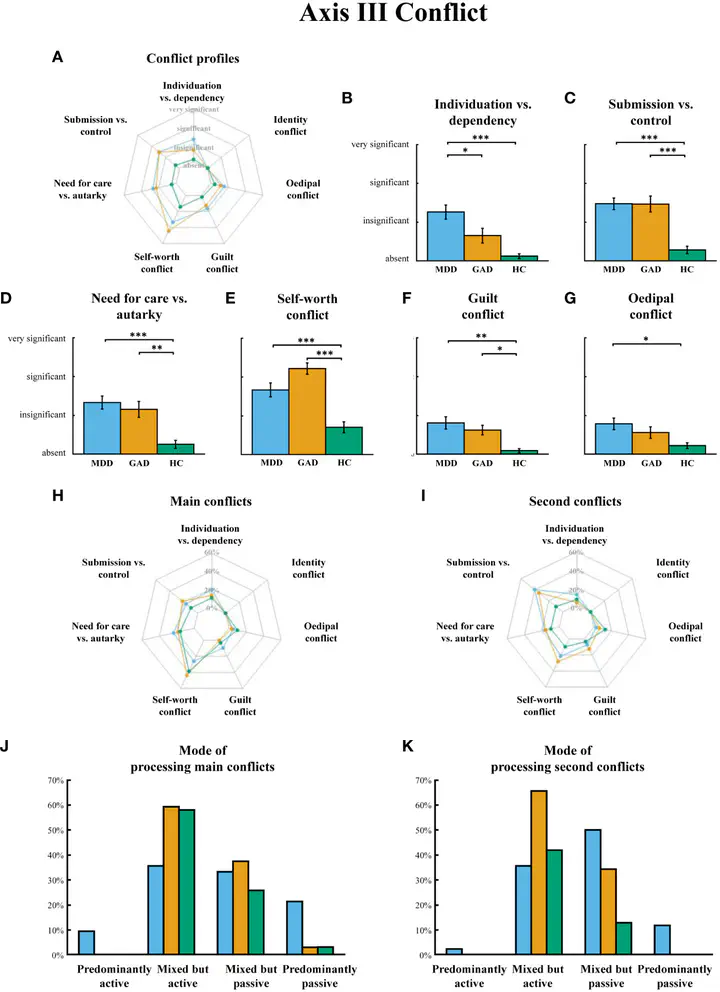A psychologically interpretable artificial intelligence framework for the screening of loneliness, depression, and anxiety
 Facial emotion recognition and psychological analysis framework.
Facial emotion recognition and psychological analysis framework.
Abstract
Negative emotions such as loneliness, depression, and anxiety (LDA) are prevalent and pose significant challenges to emotional well-being. Traditional methods of assessing LDA, reliant on questionnaires, often face limitations because of participants’ inability or potential bias. This study introduces emoLDAnet, an artificial intelligence (AI)-driven psychological framework that leverages video-recorded conversations to detect negative emotions through the analysis of facial expressions and physiological signals. We recruited 50 participants to undergo questionnaires and interviews, with their responses recorded on video. The emoLDAnet employs a combination of deep learning (e.g., VGG11) and machine learning (e.g., decision trees [DTs]) to identify emotional states. The emoLDAnet incorporates the OCC–PAD–LDA psychological transformation model, enhancing the interpretability of AI decisions by translating facial expressions into psychologically meaningful data. Results indicate that emoLDAnet achieves high detection rates for loneliness, depression, and anxiety, with F1-scores exceeding 80% and Kendall’s correlation coefficients above 0.5, demonstrating strong agreement with traditional scales. The study underscores the importance of the OCC–PAD–LDA model in improving screening accuracy and the significant impact of machine learning classifiers on the framework’s performance. The emoLDAnet has the potential to support large-scale emotional well-being early screening and contribute to the advancement of mental health care.
Supplementary notes can be added here, including code, math, and images.